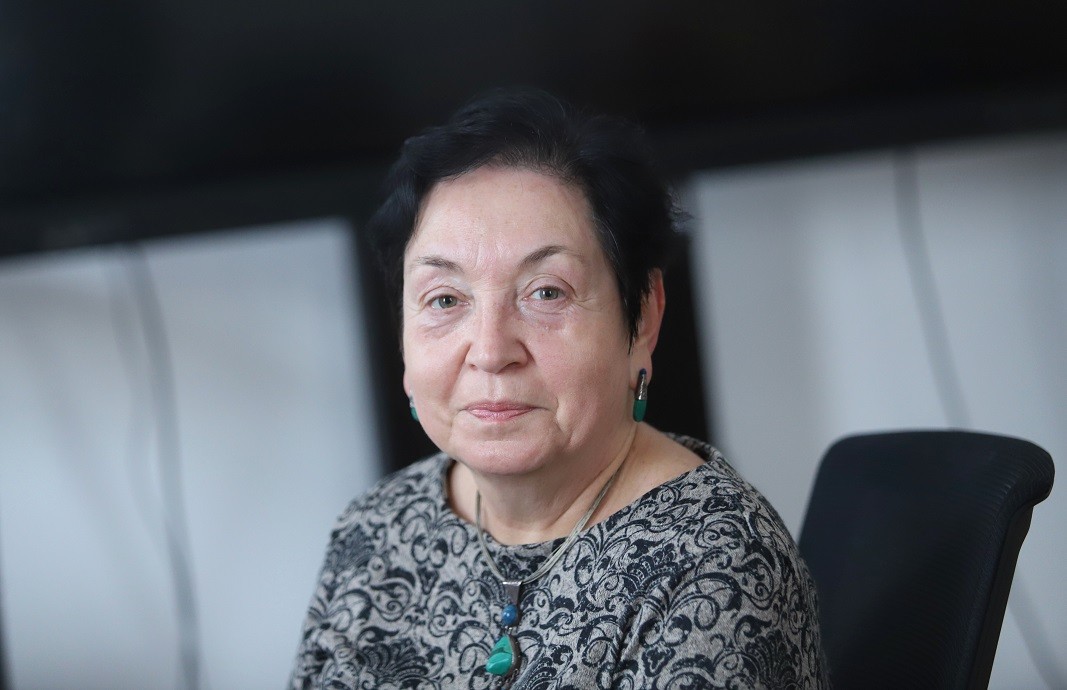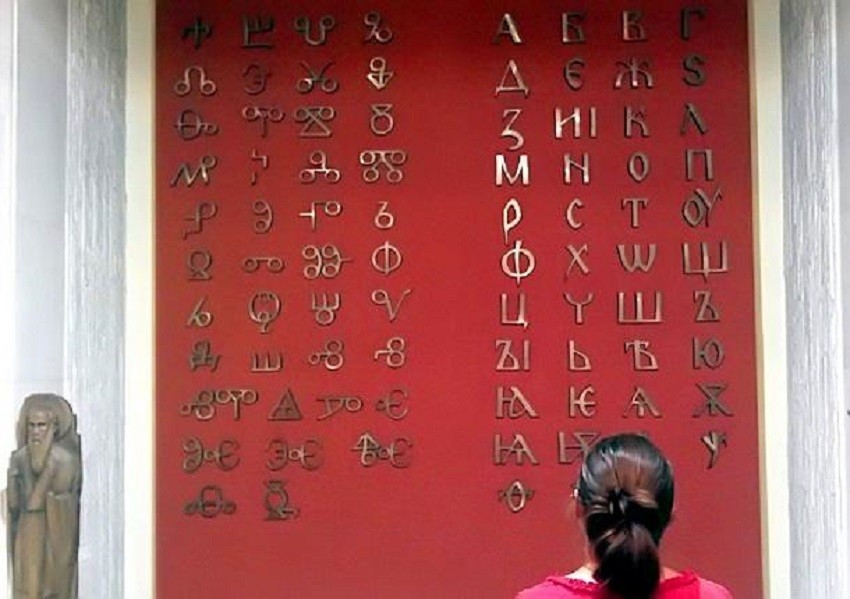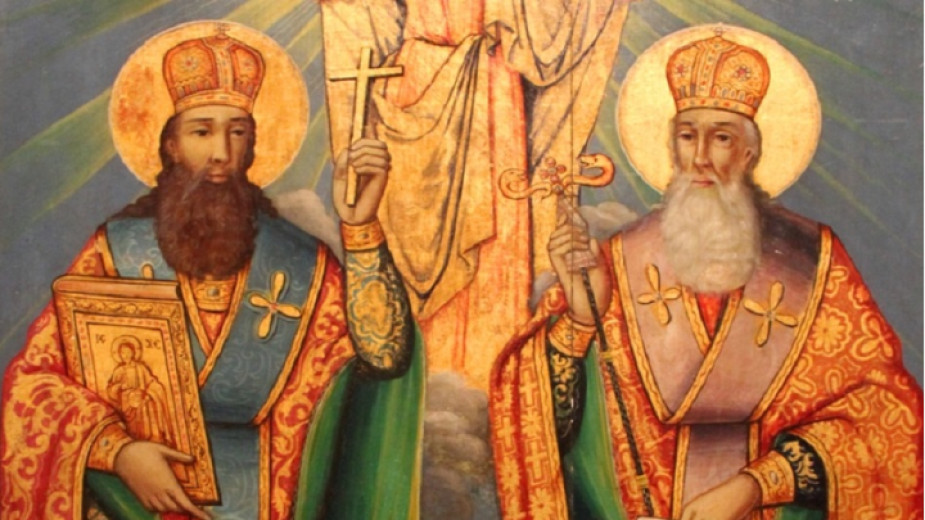In the middle of the 9th century, the Bulgarian state covered a large part of the Balkan Peninsula and paganism still dominated it. The task of adopting Christianity, which had already become established in Europe, went to Knyaz Boris I, who in 864 ordered the adoption of the new religion. In order for the church services to become understandable for the faithful, the need to translate Christian books from Greek emerged.
In 855, Constantine Cyril the Philosopher, born in Thessaloniki, started creating a Slavic alphabet, later called Glagolitic, and together with his brother Methodius, he translated the liturgical books using the new alphabet. According to scientists, the graphic system was completed in 863 and today we celebrate its 1160th anniversary.

"Unlike pagan religions, in which the ritual is fundamental, here the religion’s very essence must be written, and this is the reason for the creation of the Glagolitic script,” says Prof. Slavia Barlieva from the The Cyril and Methodius Research Center at the Bulgarian Academy of Sciences. “We must know that it was intended for the Bulgarian Slavs living near Ohrid and that it corresponds to the sound system of the Eastern Bulgarian dialects. This is precisely the Bulgarian connection with the alphabet, which was originally brought to Bulgaria by the disciples of Cyril and Methodius, welcomed warmly by Bulgaria’s Boris I, after their expulsion from Great Moravia."
Glagolitic was conceived as a sacred alphabet, therefore its written characters consist of three main Christian symbols. The first letter depicts the cross on which the Savior was crucified. The alphabet also includes the circle, symbolizing infinity, and the triangle, signifying the Holy Trinity.
At the end of the 9th century, the second Bulgarian alphabet was created in Preslav, called "Cyrillic" in honour of St. Constantine Cyril the Philosopher. It arose on the basis of the Glagolitic script and each of its letters corresponds to a separate sound.

"These are the two Bulgarian alphabets, which continued to exist together until the 11th century,” Prof. Slavia Barlieva says. “After that, the Glagolitic script began to give way and the Cyrillic alphabet took its place. At first Glagolitic was used primarily as a ceremonial script, and finally more as a form of cryptography. And so, it slowly gave way to the easier-to-understand and use Cyrillic.”
The scientist reveals a curious find from recent days, which confirms that the Glagolitic script was also used for secret writing. In a fragment of a liturgical composition written in Cyrillic in the twelfth century, someone's hand has written in Glagolitic: "You have done it badly." That is how a reader assessed the work of the copyist of the Cyrillic text.
The origin of the third written system in Europe has been used for geopolitical games in recent years, and Bulgaria has failed to firmly defend its historical right. However, Prof. Slavia Barlieva provides irrefutable evidence for the Bulgarian origin of the Glagolitic and Cyrillic - the oldest Cyrillic inscription from 924, which is in Bulgaria, as well as the inscriptions in the former Bulgarian lands beyond the Danube.

Prof. Slavia Barlieva points out that the Bulgarian alphabet is a wealth that we must protect and appreciate more.
The contemporary role of scientists is to find new evidence and sources for the significance of the work of Saints Cyril and Methodius and for Bulgaria's participation in its preservation. "We are also working on spreading our scientific results and we hope to contribute at least a little to the literacy of the general public and to the return of knowledge of our own spiritual value", Prof. Slavia Berlieva adds.
See also:
In the world of the Thracians, who had no written language, the most important messages were conveyed through art. The Letnitsa Treasure is precisely such a message — about power, beliefs, and the path to wisdom . This unique discovery, dated between..
On November 21, the day of the Presentation of Virgin Mary (or the Entry of the most Holy Theotokos into the Temple), the Orthodox Bulgarians also celebrate the Day of the Christian Family and the Learning Youth. The holiday was established by the..
During a visit by the Radio Bulgaria team to the Bulgarian Orthodox Parish "Nativity of the Mother of God" in Geneva, we had the pleasure of meeting Ventseslav Sabev, the son of long-time church history professor at the Sofia Theological Seminary,..

+359 2 9336 661
